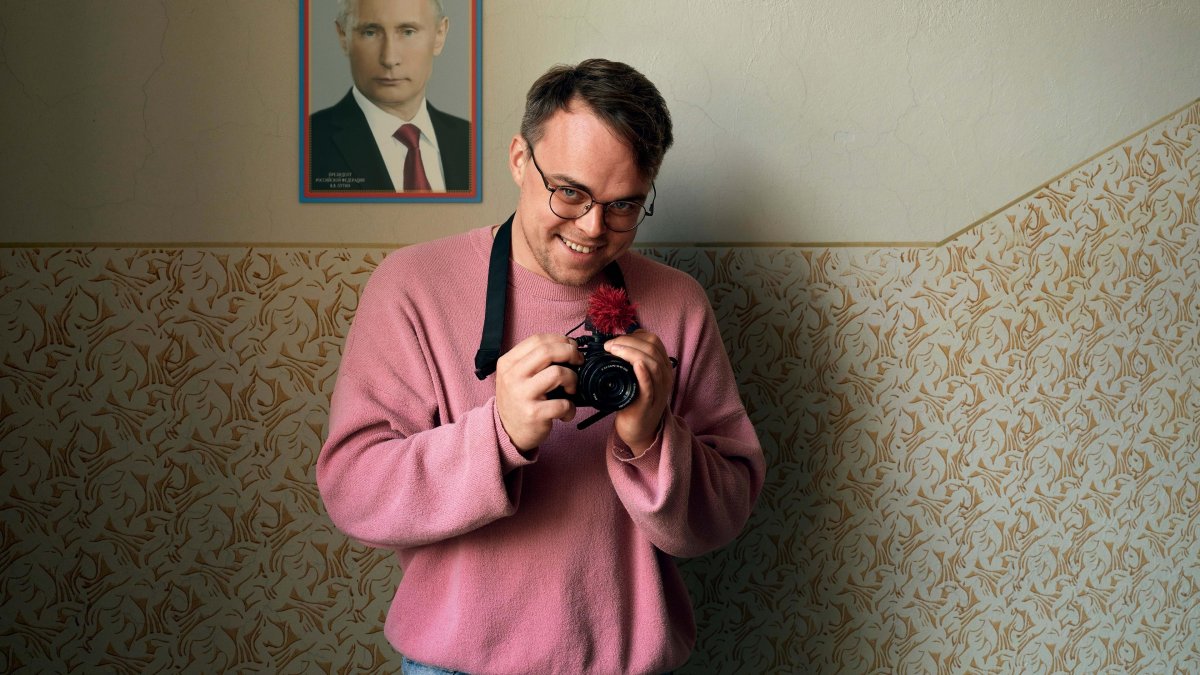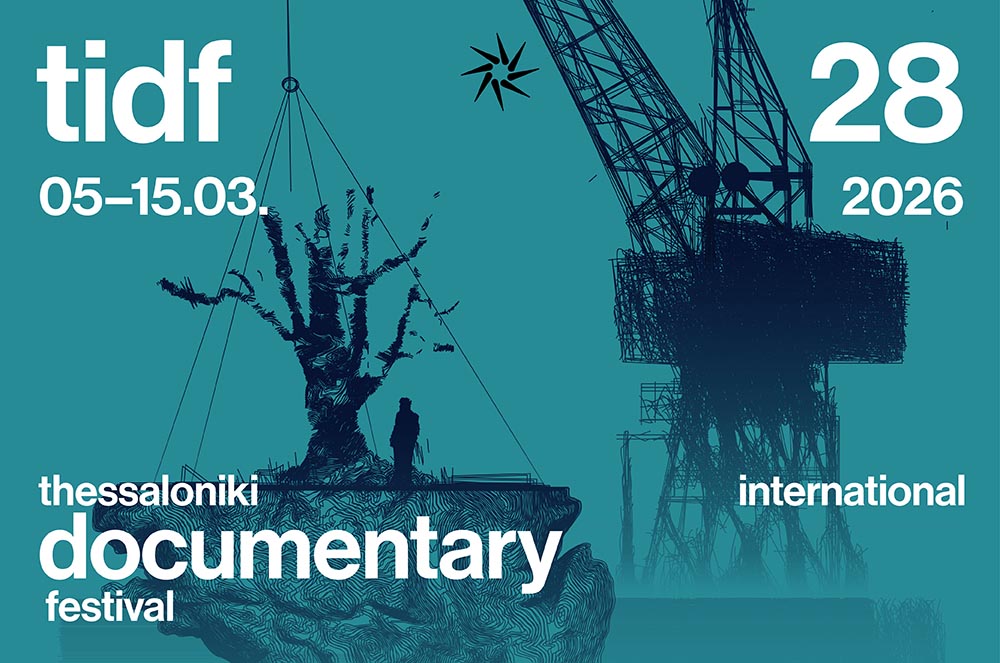5.12.2010
Kino Climates meeting
ΙΕΚ ΑΚΜΗ
The creation of a network for independent projections and their locations was one of the main issues discussed on Sunday December 5th during the first session of Kinoclimates Meetings within the context of the TIFF Experimental Forum. The meeting was attended by representatives of various European film groups and cine clubs, and marked the continuation of a previous meeting held last February at the Rotterdam Festival under the title: Kino Climates: Towards an Ecology in Film Exhibition.
Kino Climates is the result of a collaboration between the Rotterdam International Film Festival and Nova cinema in Brussels. The aim is to provide a complete picture of the European independent film scene and anticipate its future, specifically regarding small alternative locations as well as other projection possibilities for these films. At the meeting, Vassilis Bourikas, head of the TIFF Experimental Forum, and Katia Rossini, who represents Nova cinema, declared that the ‘ecosystem’ of movie theatres has undergone changes in the last two decades due to the emergence of multiplex cinemas and a decrease in the number of independent theatres. “On the one hand, independent, alternative and experimental productions are on the increase, but on the other, there are less locations for the projection of these films”, the organisers of the Kino Climates meetings declared, adding that in fact film festivals provide the only opportunity for the projection of non-commercial auteur films. “The last couple of years have seen an increase of projections in alternatives areas such as small theatres, art galleries, museums and other cultural areas”, Katia Rossini remarked.
Representatives of cinema clubs from Slovenia, Serbia, Turkey, Cyprus, Greece, FYROM, England and France attended the meeting. Most of them believe that the programme Europa Cinema -funded by the EU Media Programme for the benefit of cultural areas in which European films are shown-, focuses more on lending its support to the European film industry and not enough on supporting cinema as a cultural feature. This makes it even more imperative to create a network coordinating all the alternative possibilities for film projections across Europe, a network that will provide common solutions to common problems on how to obtain films, subtitling, tracking films on the network and so on. Many suggestions were made such as developing a site and a forum for the promotion and updating of alternative and experimental films, a mailing list that would give the possibility to members to communicate with filmmakers, and so on.
The meeting participants then went on to outline the backdrop against which cine clubs operate in various countries. In Ljubljana, for instance, the city’s independent cinema is funded both by the municipality and by the government, as well as by the Europa Cinema network, and this allows them to project European films every month. In FYROM, an experimental cine club is housed in a teashop of the old bazaar and every Wednesday films are shown and tea is served. The audience make donations to support the project. In Novi Sad, Serbia, a city of close to half a million inhabitants, there is only one movie theatre left. The city’s cine club, housed in a music studio, shows low budget and experimental films made by its own members. In Athens, the old movie theatre Iris houses the university cine club and introduces cinema students to the world of alternative cinema. In Istanbul too there is a lack of movie theatres for European films and even the cinematheque has closed down. However, experimental films are shown at the Museum of Modern Art and in the context of various events.
The second and final part of Kino Climates will take place next Tuesday, December 7, 2010.














